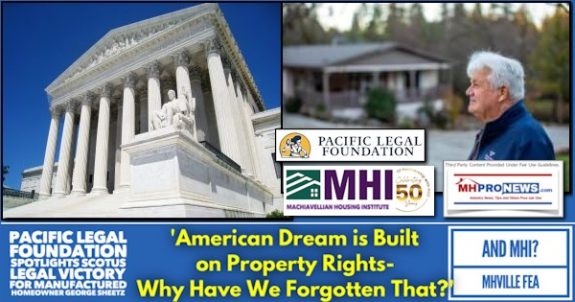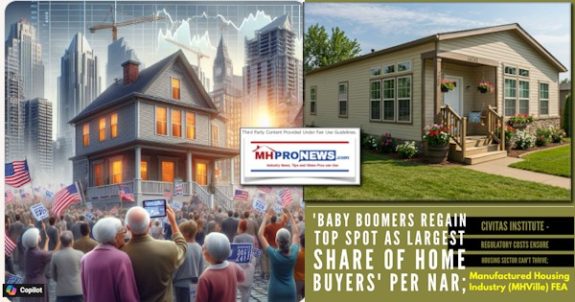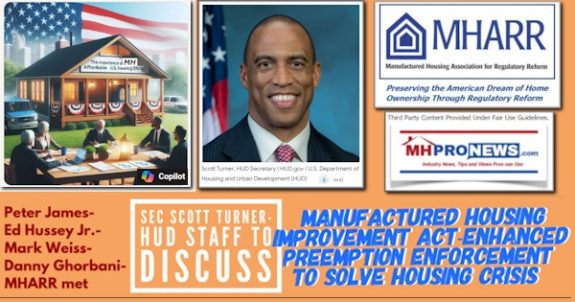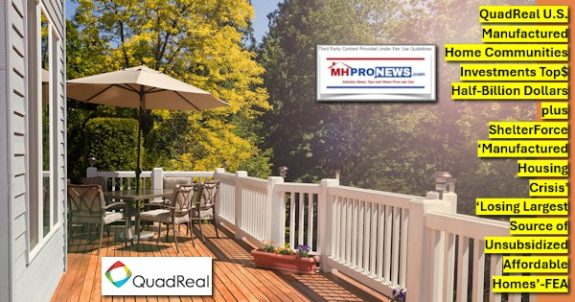On August 11, President Obama announced the availability of expanded assistance through the Treasury Department’s Housing Finance Agency Innovation Fund for the Hardest Hit Housing Markets. The administration will make an additional $2 billion in assistance available, through state housing finance agencies (HFAs), for homeowners struggling to make mortgage payments due to unemployment.
The program, funded with TARP resources, will provide additional funds to nine of the 10 HFAs already participating in that Fund—CA, FL, MI, NV, NC, OH, OR, RI, and SC. HFAs must use this new funding to support unemployment bridge loan programs using a model established by Treasury that satisfies TARP requirements while giving HFAs flexibility to tailor programs to best meet the needs of the unemployed and underemployed in their jurisdictions.
In each state, HFAs are provided the ability to determine eligibility criteria to participate in the program. According to guidance released by the Treasury Department, target populations should be limited to residences with unpaid principal balances no more than the current GSE conforming limit of $729,750. HFAs may target low- and moderate-income borrowers at their discretion consistent with each HFA’s state enabling legislation.
Click here to view the Treasure Department’s program guidelines.
Click here to visit the National Council of State Housing Agencies’ website.
The Department of Housing and Urban Development (HUD) will soon launch a complementary $1 billion Emergency Homeowners Loan Program to provide assistance to homeowners who are at risk of foreclosure and have experienced a substantial reduction in income due to involuntary unemployment, underemployment, or a medical condition.
HUD’s emergency homeowners loan program will work through a variety of state and local non-profit entities. The loans will be a deferred payment “bridge loan” (zero percent interest, non-recourse, subordinate loan) for up to $50,000 to assist eligible borrowers with payments on their mortgage principal, interest, mortgage insurance, taxes and hazard insurance for up to 24 months.
HUD will be developing detailed program eligibility requirements in the coming weeks. However, the administration has indicated that to be eligible, borrowers must:
- Be at least three months delinquent in their payments and have a reasonable likelihood of being able to resume repayment of their mortgage payments and related housing expenses within two years
- Have a mortgage property that is the principal residence of the borrower, and eligible borrowers may not own a second home
- Demonstrate a good payment record prior to the event that produced the reduction of income
Click here for more information.
If you are a member and have questions, contact MHI Vice President of Government Affairs Jason Boehlert at jboehlert@mfghome.org.

























